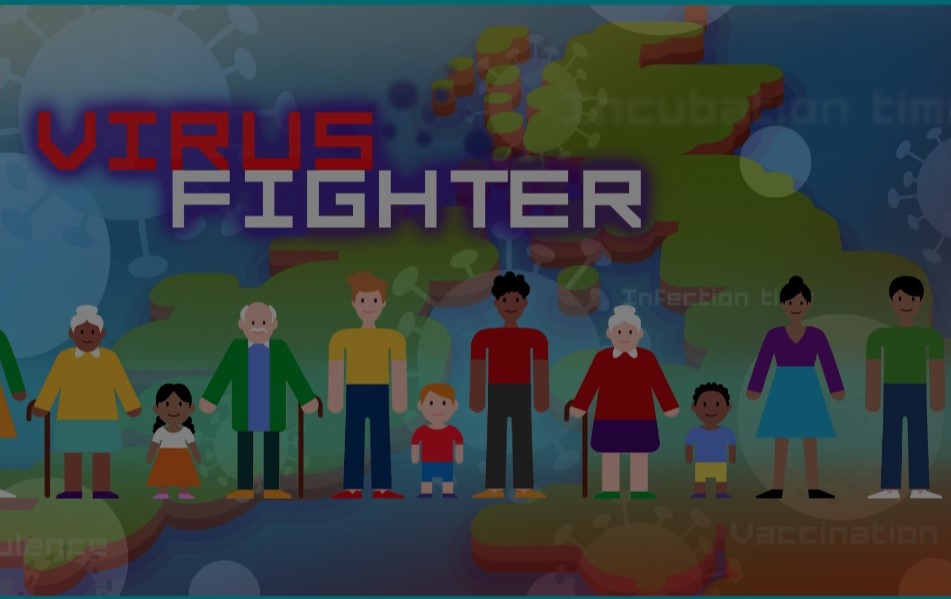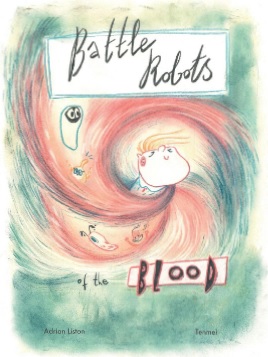After 10 years in Belgium as a foreign academic, I was reflecting on what lessons I had learned about Belgian academia that I wish I had learned earlier. The key lesson I wish someone had taught me is that Belgian academia works via the patronage system. Having come from the Anglo meritocracy system, it took me a long time to distinguish the features of patronage, as opposed to nepotism or just plain corruption. The system is based on patrons and their protegés, and is so embedded throughout the system that nearly everyone is both a patron and a protegé, in one large network of obligations. One you understand this, many previously inexplicable behaviours and patterns make sense, and it is possible to thrive.
The patron is the "godfather". Patrons do not give orders. They make their wishes known, and they expect their protegés to follow them. In the worst cases, this is exploited simply to further the career of the patrons (by making them successful in the eyes of their own patron). It is expected that the rise of the patron trickles down to the protegé, however it is understood that years or even decades can elapse in between. The patron will also have multiple protegés at the same stage, competing for the spoils of the patron. A highly successful patron may pull up multiple protegés through the system with them, but often it is just the one leading protegé who benefits (and may end up becoming patron to the other protegés). This gives the scenario, rather perplexing to an outsider, of good people putting their patron ahead of themselves year after year, without any benefit. In the best cases, the system can work better than an open merit-based system. Merit-based system work based on track-record, and assume that someone with a good record and a winning interview style will be successful in the position. By contrast, the relationship between patron and protegé is far more intimate, and a patron can ideally identify the person who would be best at the job, beyond the confounding luck and personality issues that can sway a CV or interview. In practice, the worst case scenario seems rather more common than the best case scenario.
The protegé is expected to follow the lead of the patron throughout their career, even after they have reached equivalent levels. The level to which this deference is given is quite remarkable to an outsider. The protegé, even as an independent academic, will follow the guidance of their patron is terms of who they should collaborate with, which grants they should submit, authorship order on papers and key financial decisions. Even when they strongly disagree with the advice, the protegé is more likely to get frustrated in private than to argue (or even ignore) their patron. It would take a really gross violation by the patron for the protegé to break off the relationship. Protegés will take on protegés of their own, becoming a patron to others while still remaining a protegé to their own patron. This creates a "family", with the überpatron at the head. The überpatron respects the downwards hierarchy, however, working via their direct protegés only.
There are aspects of patronage to every academic system, however the key to understanding Belgian academia is to realise that patronage permeates every facet. The degree to which the rules of the patron-protegés relationship are embedded in the Belgian character is difficult to overstate, and even Belgians that have become internationalised may struggle to not default into the pattern. The breakdown of the patron-protegés relationship is very rare, and invokes a deep sense of betrayal.
In practical terms, what does this mean for a foreigner entering Belgian academia?
First, as a foreigner you are unlikely to have a strong patron. For myself, after 10 years in Belgian, I never had a patron. Admittedly, I am very poor protegé material, but the strongest patronage relationships are formed very early, through family or family friends. Even without having your own patron, however, your Belgian students may instinctively fall into the protegé role, and expect the patron-protegé relationship to function.
Second, to some extent you need to chose between looking crass or being overlooked. Belgians do not put themselves forward, and self-promotion is considered coarse. It is the role of your patron to promote your virtues or ideas. Without a patron, you can either push yourself forward or be ignored. Self-assertion can still work, and is tolerated more in foreigners than in Belgians, but it won't make friends.
Third, breaking into collaborative networks is going to be difficult to you. Many collaborative grants and projects are built around the patron-protegé networks. Trying to join can be looked upon as nearly akin to crashing a family reunion. Some überpatrons are highly xenophobic, and you will never be allowed in. This can lead to frustration, where a good relationship with a colleague never blossoms into a collaboration, not because they don't want to work with you, but because their own patron disapproves. The best path to breaking into the collaborative networks lies in identifying a more liberal überpatron, and getting adopted into the family. Offering up a new technology or the like can be sufficient to get you adopted, for the advantage that it brings in. Adoption does depend on at least tacitly respecting the hierarchy: the network is not a collection of independent equals, and directly approaching protegés can be taken as highly disrespectful by überpatrons.
Fourth, respecting the hierarchy does not just apply to collaborative networks. Belgian academics would never directly approach one of your students or staff with a question, and expect the same "courtesy" from you. Even students from neighbouring labs don't *officially* talk to each other, and even trivial requests for help are expected to go up to their promoters for consultation first. This feels needless and inefficient, but ignoring the protocol is worse: a faux pas can shutdown relationships with your neighbours for good.
Fifth, you need to understand that arguing in a meeting is normally fruitless. Despite being in hundreds of management meetings over the past 10 years, I've never seen a question go to an actual vote, or even anything approximating a vote. The überpatrons in the meeting know who dominates based on who is in the meeting. To force protegés to openly support their patrons would be the height of rudeness - the system is built on implicit support, not explicit support. Decisions are made before the meeting, either between the überpatrons directly, or via jockeying to stack the meeting with their protegés. I never managed to suppress my instinct to give my opinion at meetings, even when it was clearly against the position of the überpatrons, but even if others at the meeting secretly agree with you it just ends up making you look obnoxious. The more successful approach is to identify the dominant network in advance (not difficult, the chair is usually the leading überpatron), and discuss with them before the meeting. Überpatrons can be thoughtful and consultative, as long as you approach them in private: changing their mind after a public disagreement results in too much loss of face.
Sixth, be highly sensitive to suggestions to place specific people in a position. If you are trying to get a position opened up to fill an unmet need, the actual person who will end up being recruited is typically of secondary importance to you. Open the position, and then find the best person to fill it. For many Belgian academics, however, the actual person who will be recruited is the key point. Getting their protegés positions is the key function of a successful patron. If a Belgian academic listens to your proposal and then suggests one of their protegés for the position, what they are often proposing is a deal: I would support this proposal if my person gets the position. If you dismiss the proposal as downstream, then the patron will think that either you are trying to open the position for your own protegé, or you have an agreement with another patron. The strategic design of proposals to incorporate a protegé from a key überpatron can often lead to success (assuming the protegé would actually be suitable for the position).
Finally, this should be read not as an attack on the Belgian system, but rather as an explanation of how it functions, as discovered by an initially clueless outsider. For Belgian readers, while they would certainly recognise the behaviours, they would probably be rather appalled to see it written in this way. This is not a codified behavior or quid pro quo; it is just how to be polite and respectful to your colleagues and, especially, your seniors. While it can be infuriating at times, and I've occasionally come home fuming about corruption and xenophobia, that is entirely because I was not raised with these same cultural preconceptions. It is surely no worse than the cultural shock of entering the American system, where entirely different sets of rules are at play, and even though they are invisible to me, Australian academia surely has cultural quirks that offend the sensibilities of outsiders. You don't have to embrace the Belgian system, or become part of it, but at the very least you should understand it and respect it enough to not be *unintentionally* obnoxious.
 Saturday, October 26, 2019 at 1:01PM
Saturday, October 26, 2019 at 1:01PM  Liston lab,
Liston lab,  immunology,
immunology,  neuroscience,
neuroscience,  science careers
science careers 





